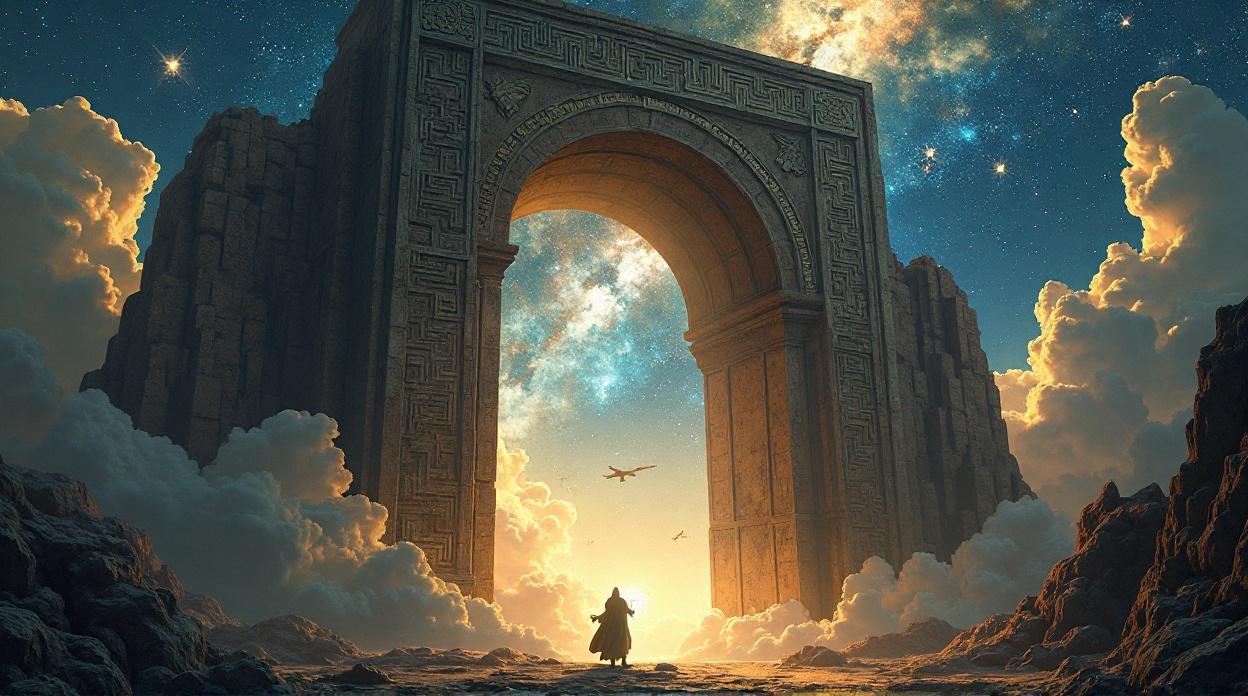I. Introduction: Ever Wonder Why Fantasy Feels So… Ancient?
You know that feeling when you pick up a new fantasy book or watch a show, and something just clicks? A sense of epic scale, mythical creatures, heroic quests... it often feels deeply rooted, almost like a memory. It's a curious sensation, isn't it? This echo of something old and vast resonating within seemingly fresh tales.
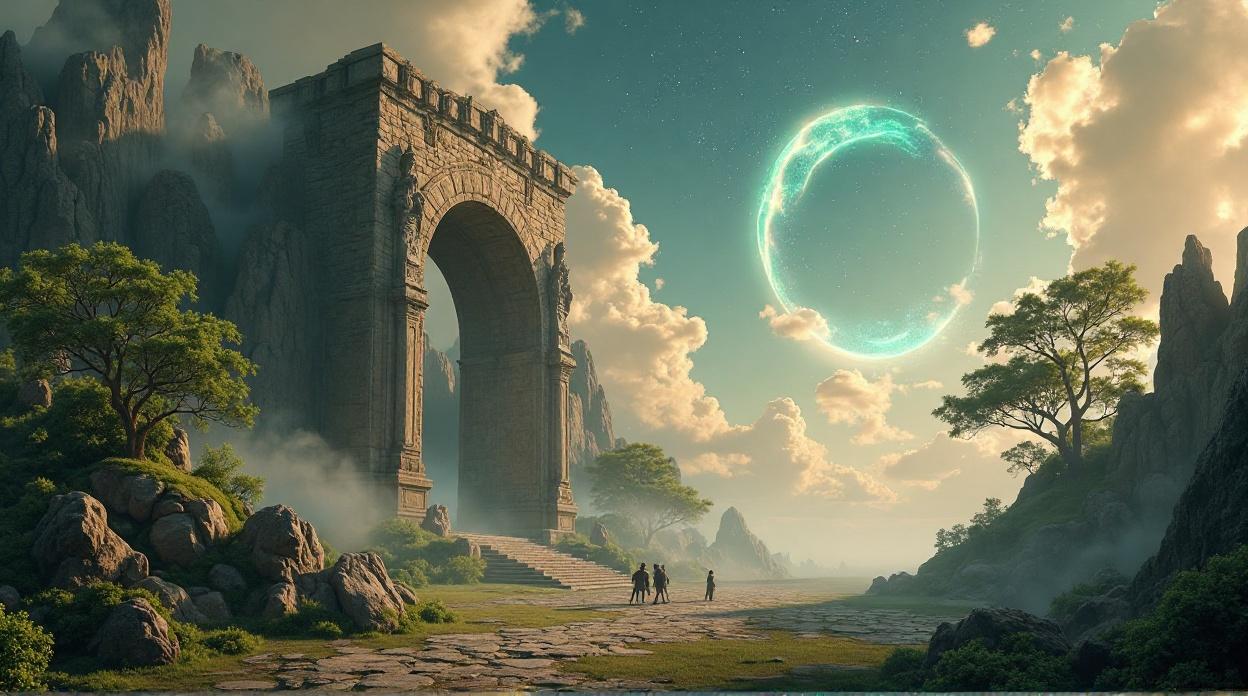
That's because fantasy and ancient history are basically best friends, sharing a bond that goes back further than you might think. They are two sides of the same coin, reflections in a pool of shared human experience.
So, let's delve into this fascinating relationship. We'll explore how the past built our fantastical worlds, what current creators are doing with it, and where we're headed.
II. Where It All Began: The Cradle of Imagination
Forget modern novels – the first "fantasy stories" were ancient myths and epics. Think Gilgamesh wrestling monsters, Odysseus battling sirens, or Beowulf taking on a dragon. These weren't just stories; they shaped beliefs! They were the original attempts to understand the world, to grapple with life, death, and the capricious nature of fate itself. These narratives weren't mere entertainment; they were the bedrock of entire cultures.
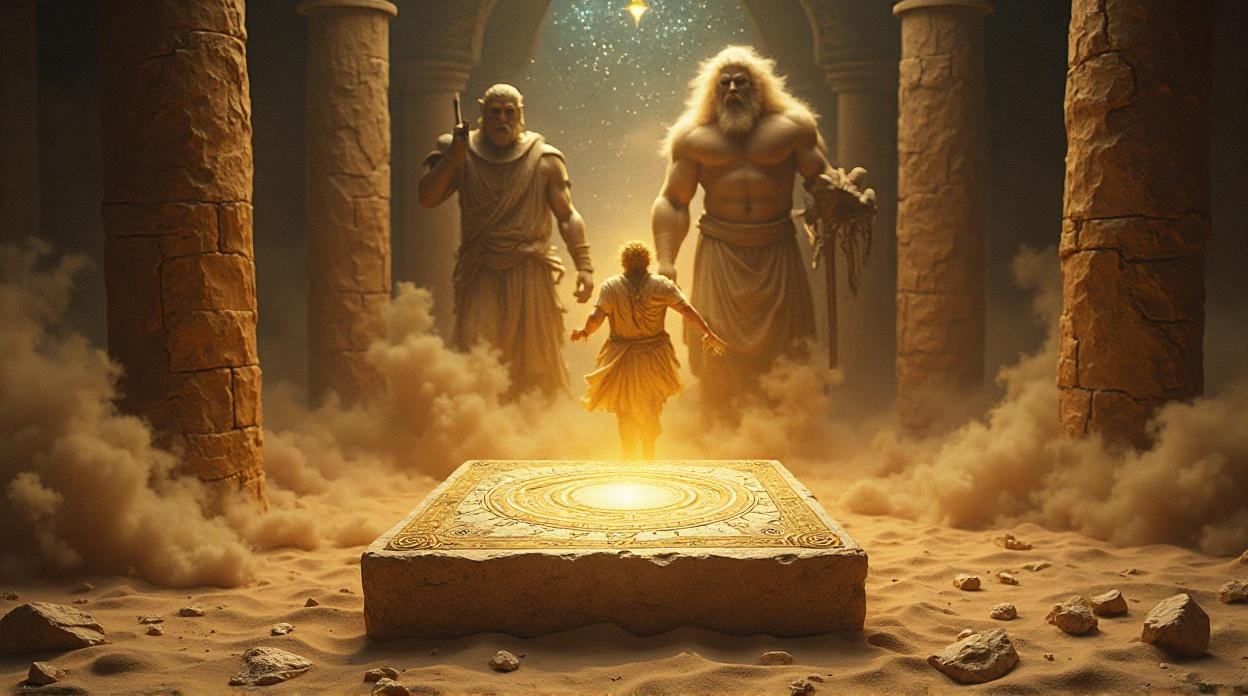
Consider the Epic of Gilgamesh. This ancient Mesopotamian tale features a hero's quest, encounters with mythical creatures, and a profound exploration of mortality. It foreshadows many of the themes and tropes we see in modern fantasy.
Joseph Campbell didn't invent the "Hero's Journey"; he observed it in ancient tales. From humble beginnings to epic battles and triumphant returns, this blueprint for adventure is as old as time itself (and still works wonders for Luke Skywalker and Frodo Baggins!). It speaks to something fundamental in the human psyche – a yearning for meaning, purpose, and ultimately, transformation.
Those gorgons, cyclopes, and satyrs chilling in your favorite fantasy game? Yep, they're probably Greek OGs. The very idea of powerful gods messing with mortal affairs? That's ancient mythology 101. These archetypes have persisted for millennia because they embody primal fears, desires, and anxieties. They are reflections of ourselves, magnified and distorted through the lens of myth.
Even the sprawling, detailed worlds of modern fantasy owe a huge debt to epic sagas like the Mahabharata, with their complex histories and vast scopes. These ancient texts demonstrate the power of world-building to create immersive and believable narratives. They understood that a story is only as strong as the world in which it is set.
III. Building Worlds with History's Bricks
Authors don't just sprinkle "old stuff" into fantasy. They use ancient cultures as the very foundation for their worlds. J.R.R. Tolkien's Rohan, for instance, rode straight out of Anglo-Saxon history. The language, the customs, the warrior culture – all meticulously crafted based on real-world historical sources.
Historical Fantasy is a cool sub-genre that plonks magic and mythical beasts directly into real historical periods. Imagine battle mages fighting alongside Roman legions, or secret magical societies thriving in ancient Egypt. It allows us to re-examine history through a different lens, asking "what if?" and exploring the possibilities of magic and myth in a tangible context.
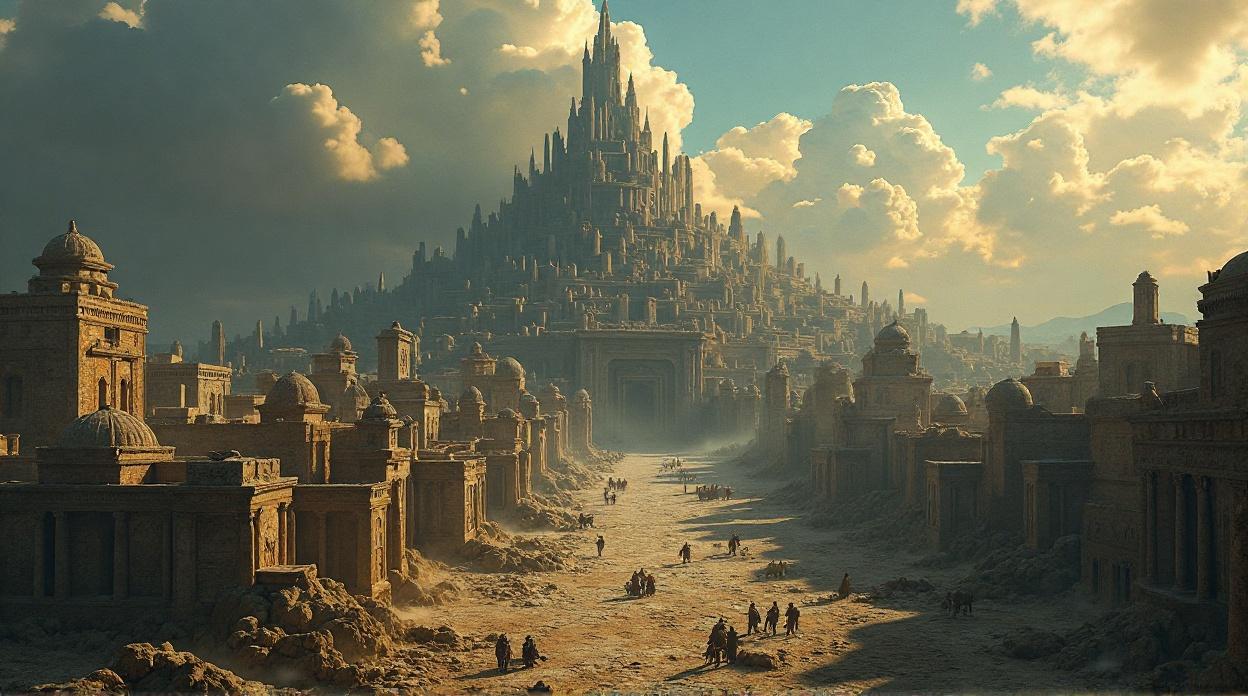
Why invent a new war when history offers countless epic conflicts like the Greco-Persian Wars? Why create a new tyrant when historical figures provide endless inspiration (or even direct reinterpretation)? History provides a rich tapestry of conflict, ambition, and human drama that fantasy writers can draw upon to create compelling narratives.
Power, betrayal, freedom, fate – ancient history and fantasy both grapple with the big stuff about being human. That's why these stories resonate across millennia. They explore the timeless questions that have plagued humanity since the dawn of consciousness.
IV. Today's Take: What We're Saying Now
Academia and pop culture are obsessed with this connection. From university courses on "classical reception" to blockbuster movies, ancient history is having a moment. We see a renewed interest in understanding how the past shapes our present and how we can learn from the successes and failures of those who came before us.
For many, fantasy is the "doorway into classics." You read about gods and monsters, and suddenly you're curious about real ancient Greece or Egypt. It can spark a life-long love of history and a deeper appreciation for the rich tapestry of human civilization.
While knights and castles are cool, there's a growing buzz for fantasy set in other ancient periods: ancient India, Mesoamerica, African empires, various European tribes that challenged Rome. We want more! The world is vast and diverse, and there are countless untold stories waiting to be discovered in less-explored corners of history.
Modern authors are using ancient myths and history not just for escapism, but to critique current societal issues. Think feminist retellings of classical tales or stories exploring colonialism through a fantasy lens. By reinterpreting ancient narratives, we can shed new light on contemporary problems and challenge traditional power structures.
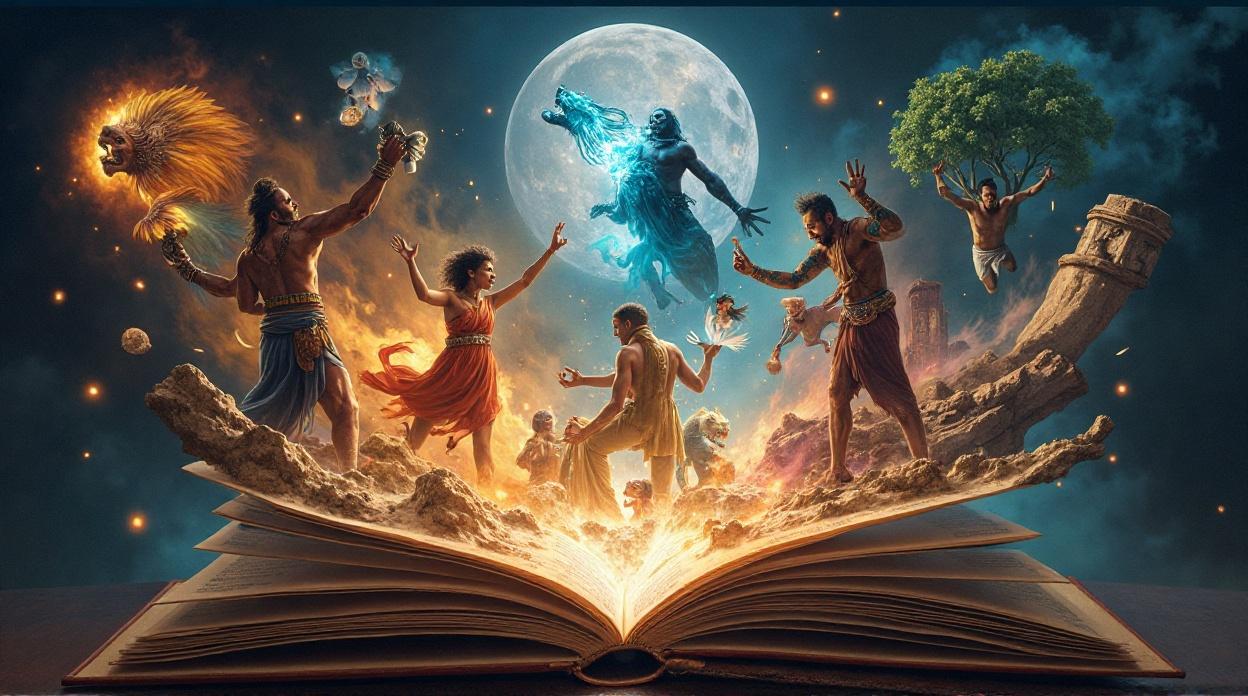
Is The Odyssey fantasy or history? Did ancient "histories" contain fantastical elements? The lines are deliciously blurry, showing how imaginative storytelling has always been part of human narrative. The very act of recording history involves a degree of interpretation and selection, blurring the boundaries between fact and fiction.
V. The Tricky Side: Debates & Dilemmas
How much historical accuracy does historical fantasy need? Some say stick to the facts, others argue creative license is key. It's a tricky balance between entertaining and educating. Finding that balance requires careful consideration and a deep understanding of the source material.
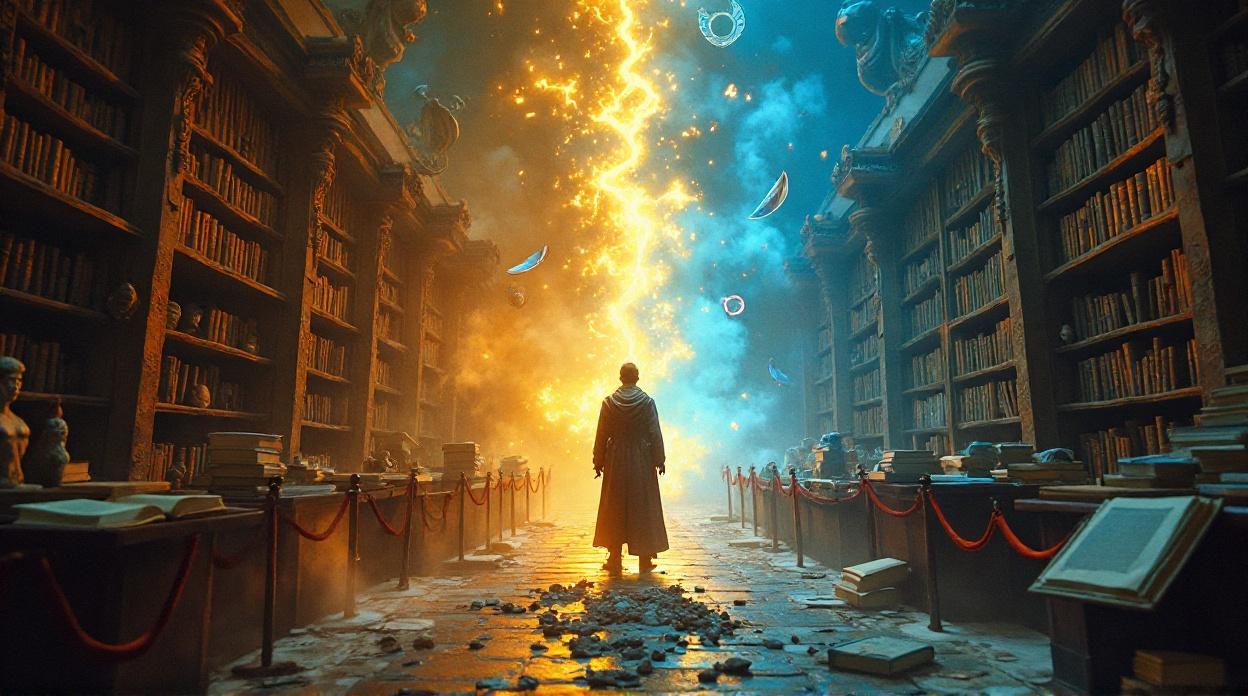
Sometimes, creators use "historical accuracy" to justify including harmful tropes like sexism or lack of diversity. But hey, if you can invent dragons, you can invent societies with different norms! History was also way more diverse than often portrayed. We must be wary of using history as a shield for prejudice and instead strive to create inclusive and representative narratives.
Drawing inspiration from ancient cultures is great, but taking elements without understanding, permission, or credit can be disrespectful and harmful. It's about deep research, collaboration, and avoiding stereotypes. Cultural appropriation can be a minefield, and it requires sensitivity, respect, and a willingness to learn from diverse perspectives.
The past isn't just about stories; it involves real ethical debates today, like repatriating ancient artifacts or balancing modern needs with preserving historical sites. We must grapple with the complex ethical considerations surrounding the preservation and interpretation of our shared cultural heritage.
VI. The Future Is Ancient: What's Next?
This subgenre is booming, bringing new voices and perspectives to the forefront. The demand for diverse and engaging historical fantasy is growing, and we can expect to see even more innovative and thought-provoking works in the years to come.
Expect to see fantasy dive even deeper into less explored ancient cultures from around the globe, giving us fresh worlds and magic systems. There are countless untapped sources of inspiration waiting to be discovered, offering endless possibilities for world-building and storytelling.
History podcasts are topping charts, books are flying off shelves, and even TikTok is obsessed with ancient empires. This widespread interest will undoubtedly fuel even more fantasy adaptations in film, TV, and games. The hunger for historical content is insatiable, and fantasy adaptations offer a unique way to engage with the past.
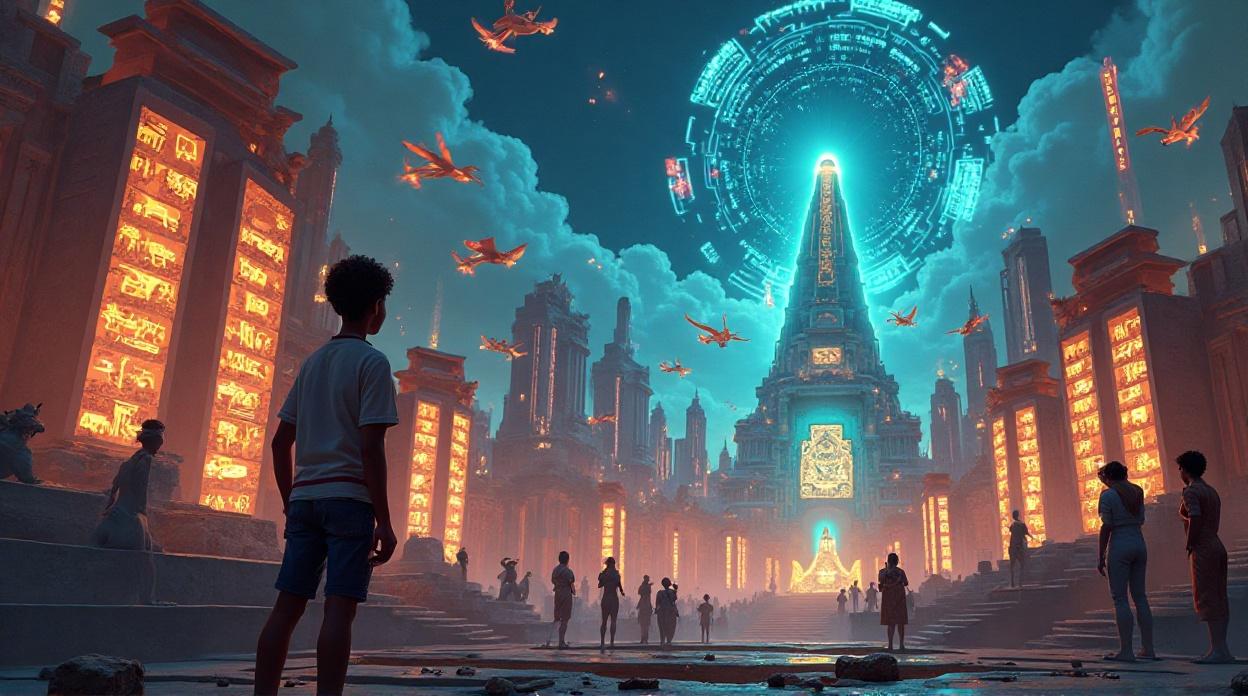
Get ready for ancient themes mixed with sci-fi, horror, romance, or even cozy fantasy. The blend is only going to get wilder and more innovative. Genre boundaries are becoming increasingly blurred, leading to exciting and unexpected combinations.
Ancient history is a boundless source of inspiration because it speaks to universal human experiences. As long as we tell stories, we'll keep looking back to the beginning. The past offers a mirror to our present, allowing us to reflect on our shared humanity and explore the enduring themes that connect us across time and cultures.
VII. Conclusion: A Timeless Partnership
From the earliest myths to the latest blockbusters, ancient history is the beating heart of fantasy. It provides the archetypes, the structures, and the raw material for endless adventure.
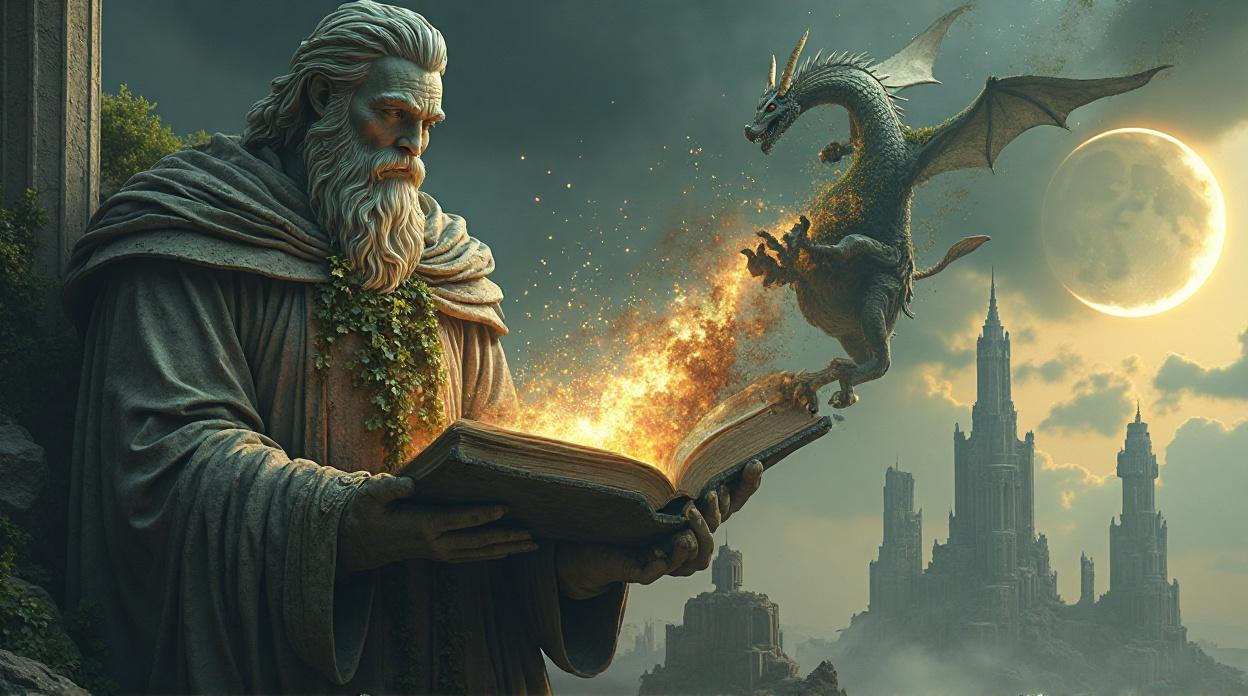
So, the next time you lose yourself in a fantastical world, take a moment to appreciate the echoes of the past that made it all possible. It's a reminder that even the wildest imaginations stand on the shoulders of giants. For within every dragon's roar, every hero's quest, and every sorcerous spell, lies the whisper of a world that once was, and in many ways, still is.
Leave a comment
Your email address will not be published. Required fields are marked *


